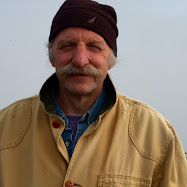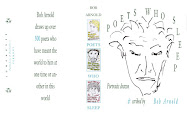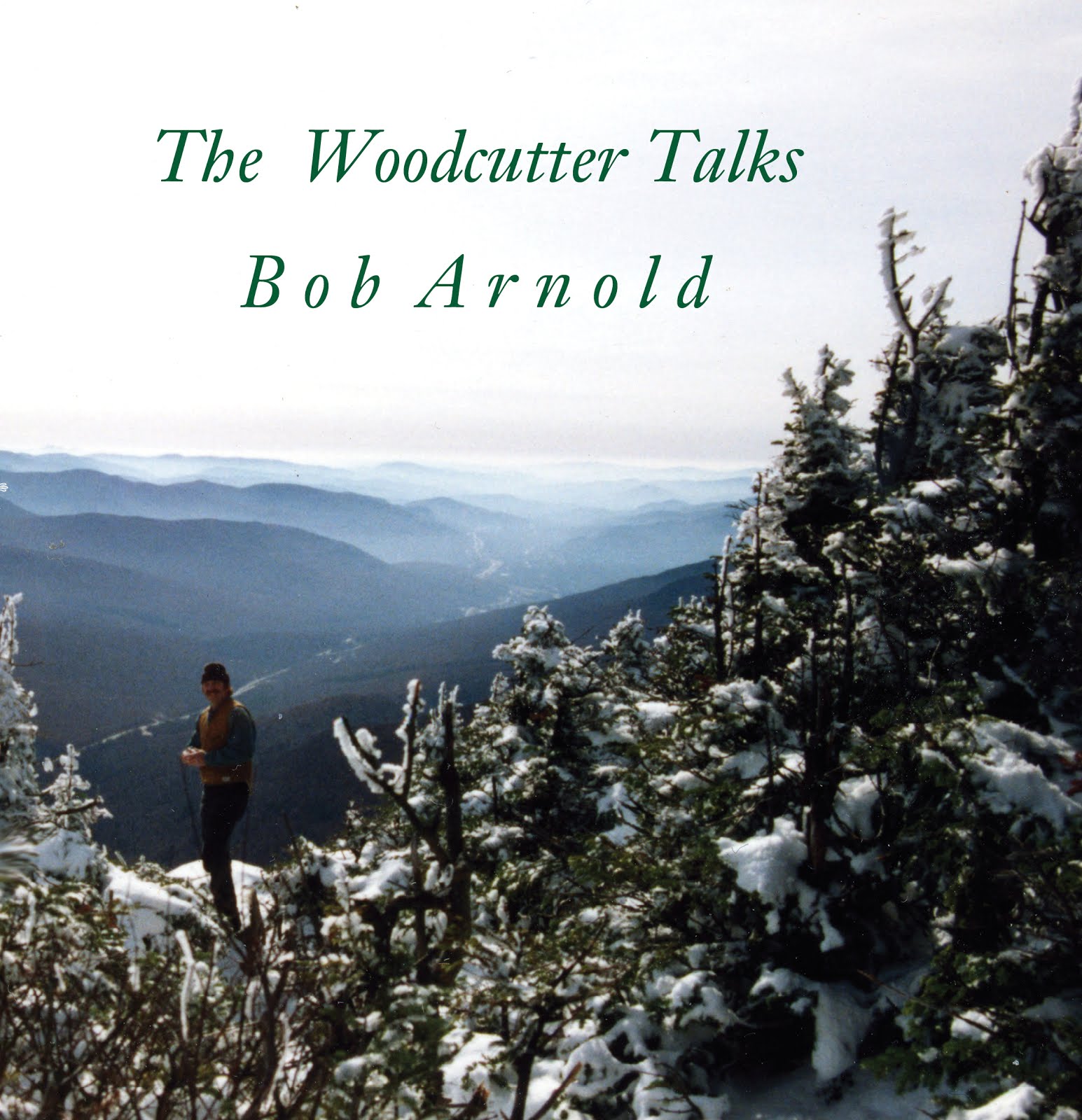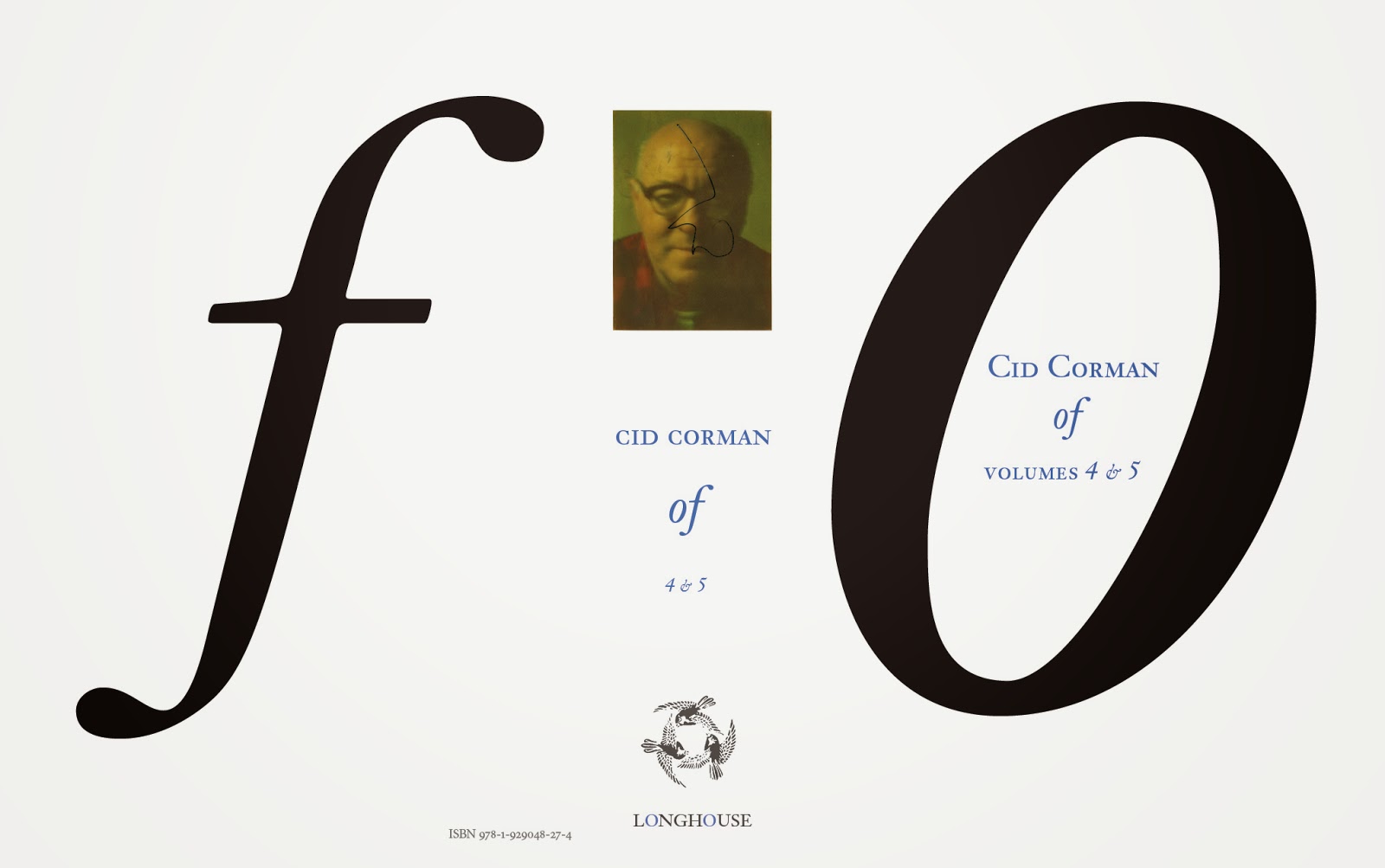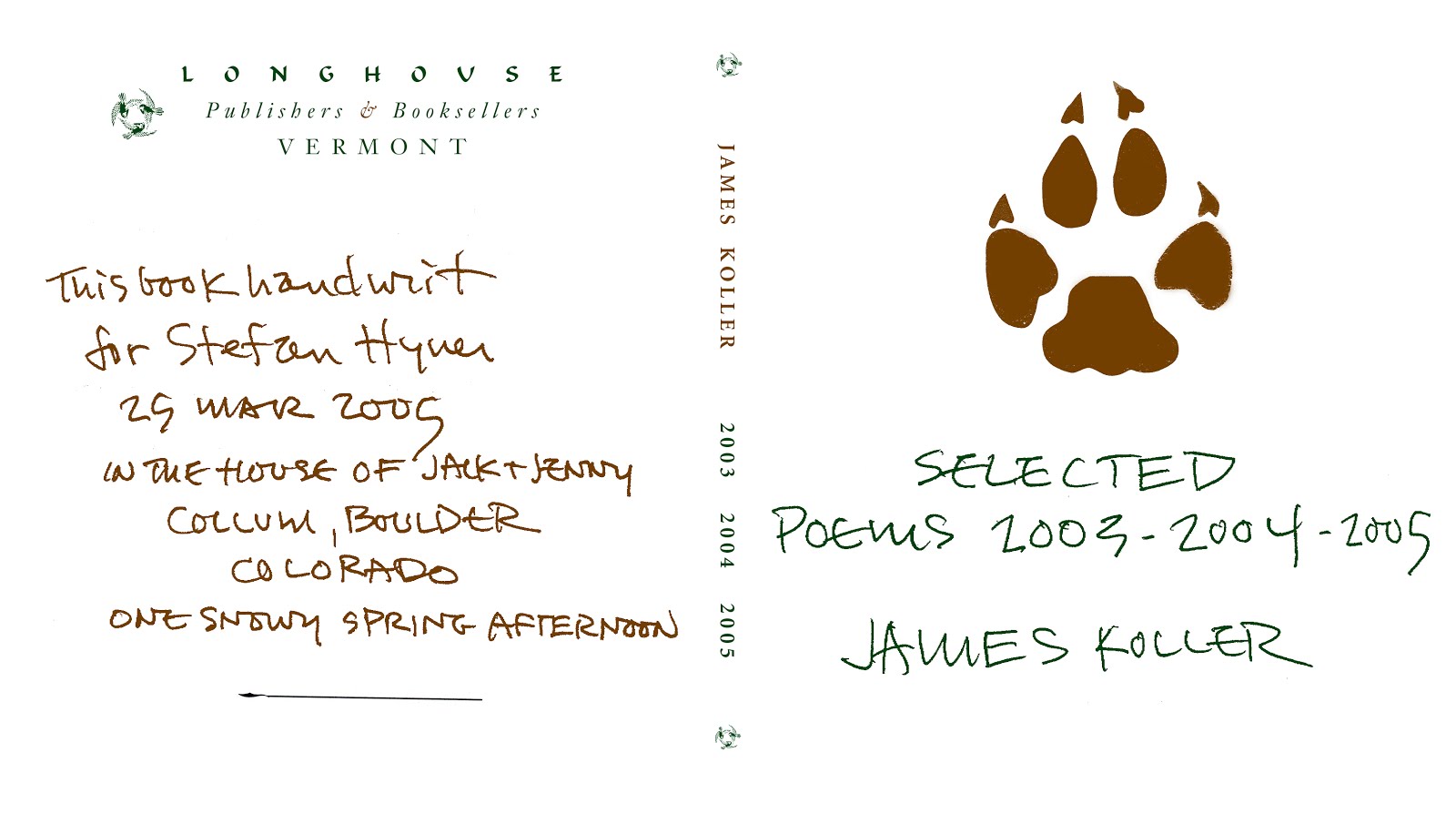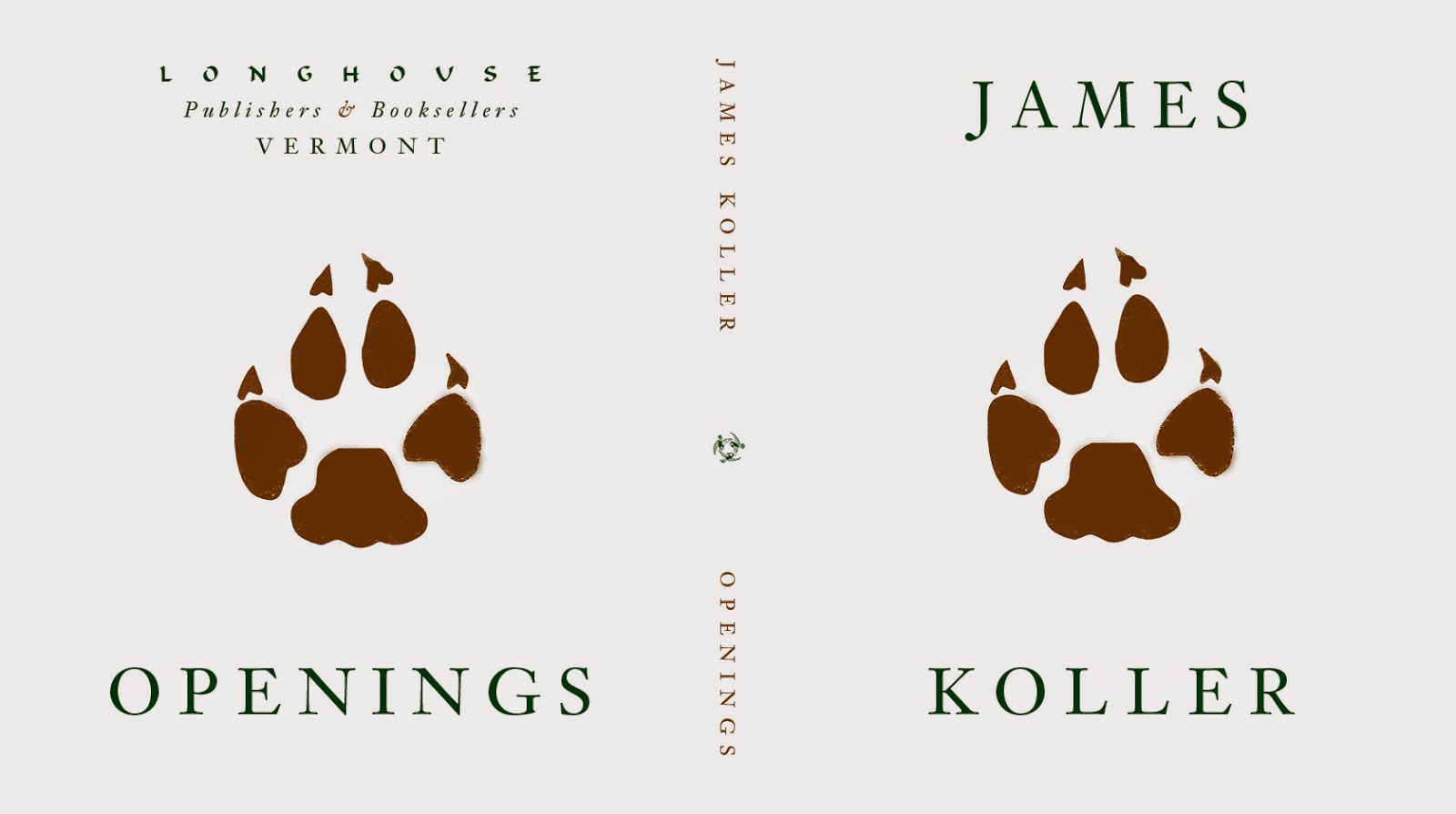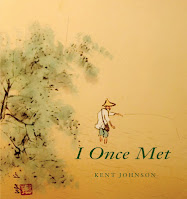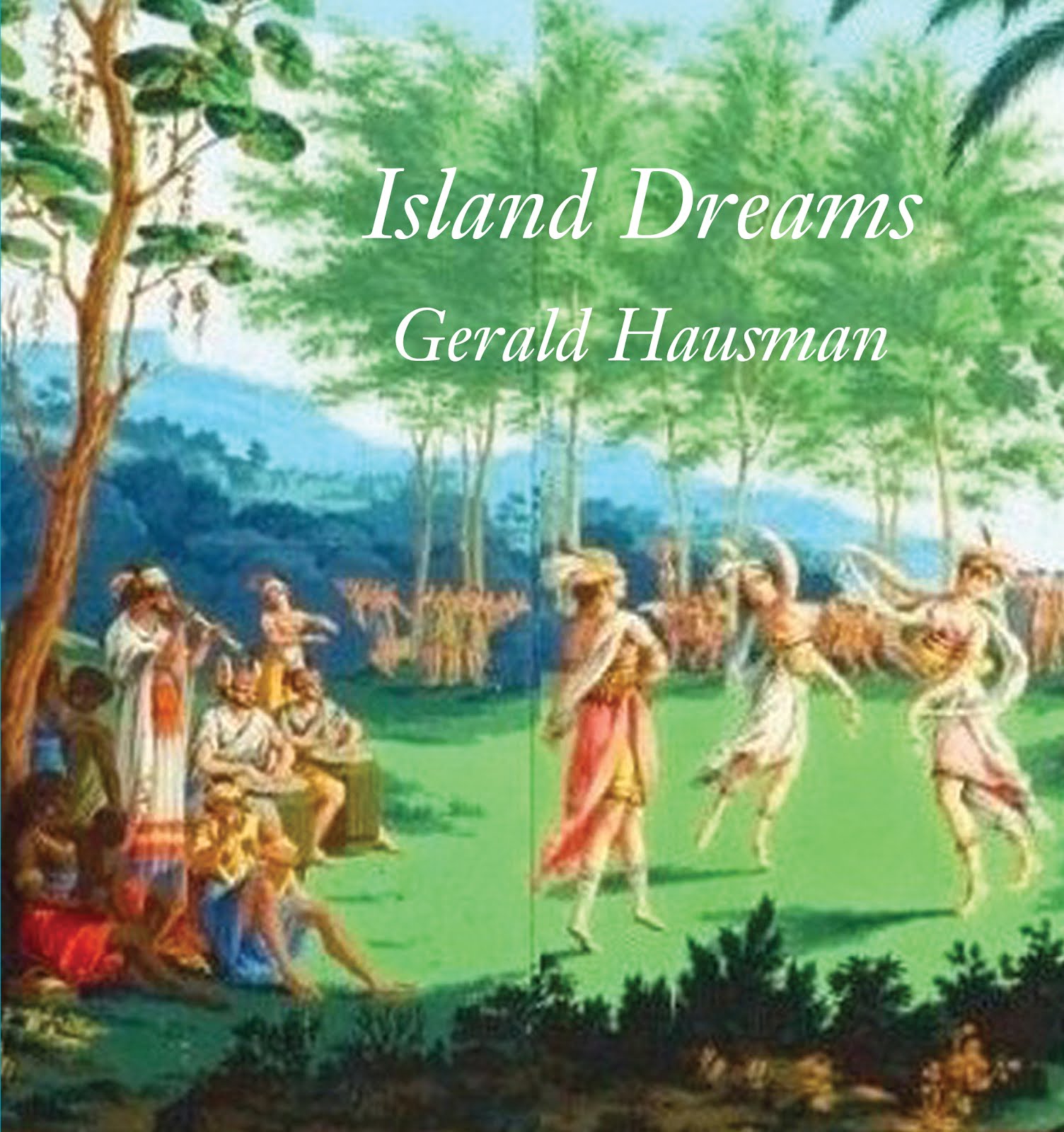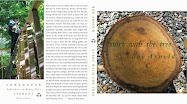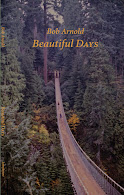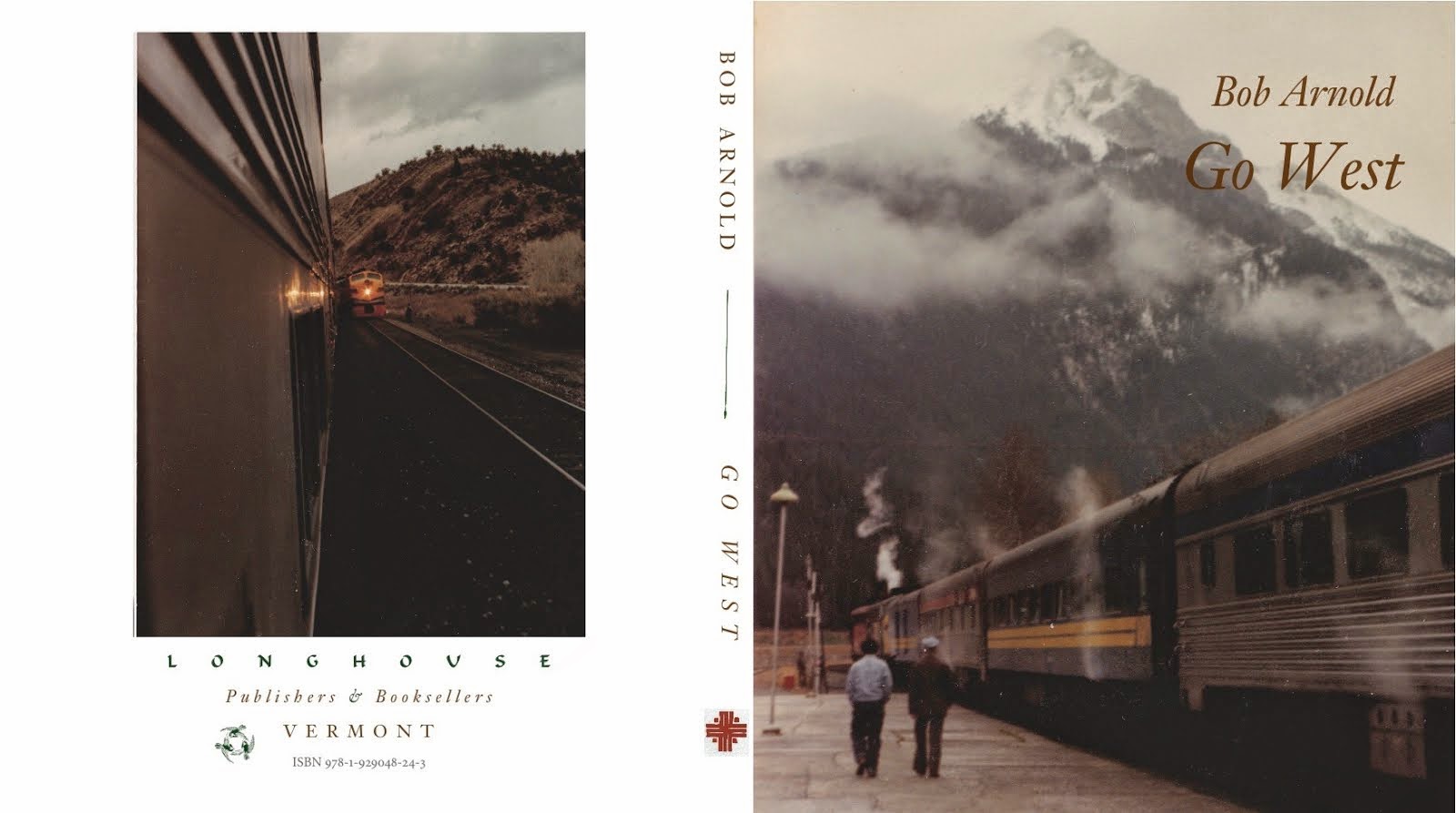ZBIGNIEW HERBERT
Born in 1924 in Lwow Poland, where he was forced to leave as a student when the Soviet Red Army invaded in 1944, for Krakow, where he studied economics, and then another move to Sopot where his parents resided and he began work at the Polish National Bank, all the while continuing his Law studies, poet and essayist Zbigniew Herbert dropped into a bookshop when he was twenty-four and wrote his first of many essays. While reading the essay I thought it was as fresh as a daisy and may have been one of his concluding remarks, often repeated by many others to this minute, on the demise of poetry. Zbigniew Herbert passed away in 1999.
~
The bookseller on whose counter I put down two slim volumes I'd found on a high shelf, looked at me in disbelief.Born in 1924 in Lwow Poland, where he was forced to leave as a student when the Soviet Red Army invaded in 1944, for Krakow, where he studied economics, and then another move to Sopot where his parents resided and he began work at the Polish National Bank, all the while continuing his Law studies, poet and essayist Zbigniew Herbert dropped into a bookshop when he was twenty-four and wrote his first of many essays. While reading the essay I thought it was as fresh as a daisy and may have been one of his concluding remarks, often repeated by many others to this minute, on the demise of poetry. Zbigniew Herbert passed away in 1999.
~
"Poetry," he muttered, "but almost nobody buys that these days. It's commercial waste paper."
That last phrase, though softened by the adjective "commercial," grated on my ear for a long time. On the way home I wondered, mournfully: are we really seeing the demise of poetry? Is this oldest of literary genres departing to the cemetery of exhausted forms? Forms too diminutive for the coming content? Does emotion lie under the threshold of sensitivity in a person of our atomic age?
In spite of everything, poetry exists. There are poets who write poems, publish defenseless little books, literary journals print experts' polemics, critics are led by the nose. Only the whole movement is suspended in air, because a poet's word never becomes a household word. Contemporary poetry is ridiculed by the average reader, and school has done an expert job of making the classics repugnant. The number of people who read poetry is minuscule — it's an inarguable fact.
Let's try to find the causes of this state of affairs, let's try to find a way out.
( from "Poetry In A Vacuum?" 1948)
coda:
A. But language is a common medium of communication for all people.
B. That's exactly where the problem lies. Language is an impure instrument of expression. Tortured on a daily basis, made banal, subjected to base treatment. So the dream of poets is to reach the virgin meaning of words, to give things their proper names, as Norwid says, "Let words mean only what they mean and not against whom they are used." That's a quote from another great poet. For me the dialogue with objects was such an attempt to reach the pure source of speech. It was also a rebellion against liars and swindlers."
(from "Conversation on Writing Poetry" 1973)

The Collected Prose, Zbigniew Herbert
1948-1998
Ecco



